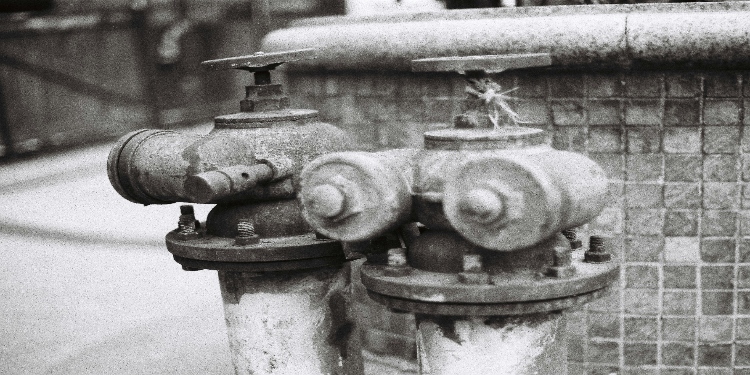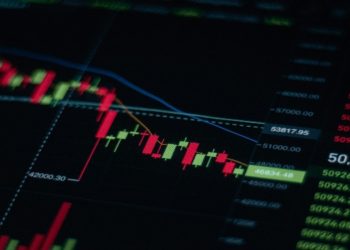1. Major Regulatory Changes
- The Future Homes Standard (FHS) is transforming the plumbing and heating industry, with restrictions on gas boilers in new builds and stricter requirements for low-carbon heating systems like heat pumps.
- Commercial and older buildings must now ensure their pipework meets modern integrity and efficiency standards — upgrades are becoming mandatory in many cases.
- There’s a growing push for formal licensing of plumbers to raise professional standards and ensure public safety.
- Water quality regulations are being reinforced, highlighting the need for competent installers to prevent contamination and protect drinking water.
- Many homeowners remain unaware of their legal responsibilities under water-fitting regulations, which increases the risk of unsafe or non-compliant installations.
Checkout: https://www.gov.uk/building-regulations-approval for regs.
2. Industry News Highlights
- Recent enforcement actions against plumbing companies show that regulatory oversight and business transparency are being taken more seriously.
- Governments and agencies around the world are tightening infrastructure and water system standards, including the replacement of outdated or unsafe piping materials.
- Public awareness around plumbing compliance is still low, creating both a risk and opportunity for qualified professionals to educate clients and differentiate their services.
3. Implications for Plumbers and Contractors
- Skills development is crucial — plumbers need to train in sustainable heating systems and updated water regulations.
- Material compliance should be checked carefully, ensuring fittings and pipework meet current standards.
- Offering compliance audits or advisory services can be a profitable addition to plumbing businesses.
- Clear communication with clients about regulation-driven work helps build trust and reduce disputes.
- Keeping up with legislative updates will prevent future liabilities or penalties.
4. Guidance for Homeowners
- Always hire qualified, registered professionals for plumbing work.
- Request compliance certificates for fittings and installations.
- Understand that some plumbing upgrades are now required by law to maintain safety and water quality.
- Avoid DIY or unqualified work, as homeowners can be held liable for non-compliant installations.
5. Looking Ahead
- Expect tighter enforcement of the Future Homes Standard and water regulations.
- The industry is likely to move toward mandatory plumber licensing in the coming years.
- Focus will continue to shift toward sustainable plumbing, efficient systems, and reduced environmental impact.
- Public education campaigns may grow to improve understanding of water safety and plumbing compliance.
🔧 Summary Takeaway
The plumbing industry in 2025 is evolving rapidly — moving from traditional gas-based systems toward sustainable, highly regulated water and heating solutions. For plumbers, this means new skills, compliance checks, and business opportunities. For homeowners, it means understanding their role in ensuring safety, sustainability, and legal compliance.
Need help contact us at Plumber Rochester









































































